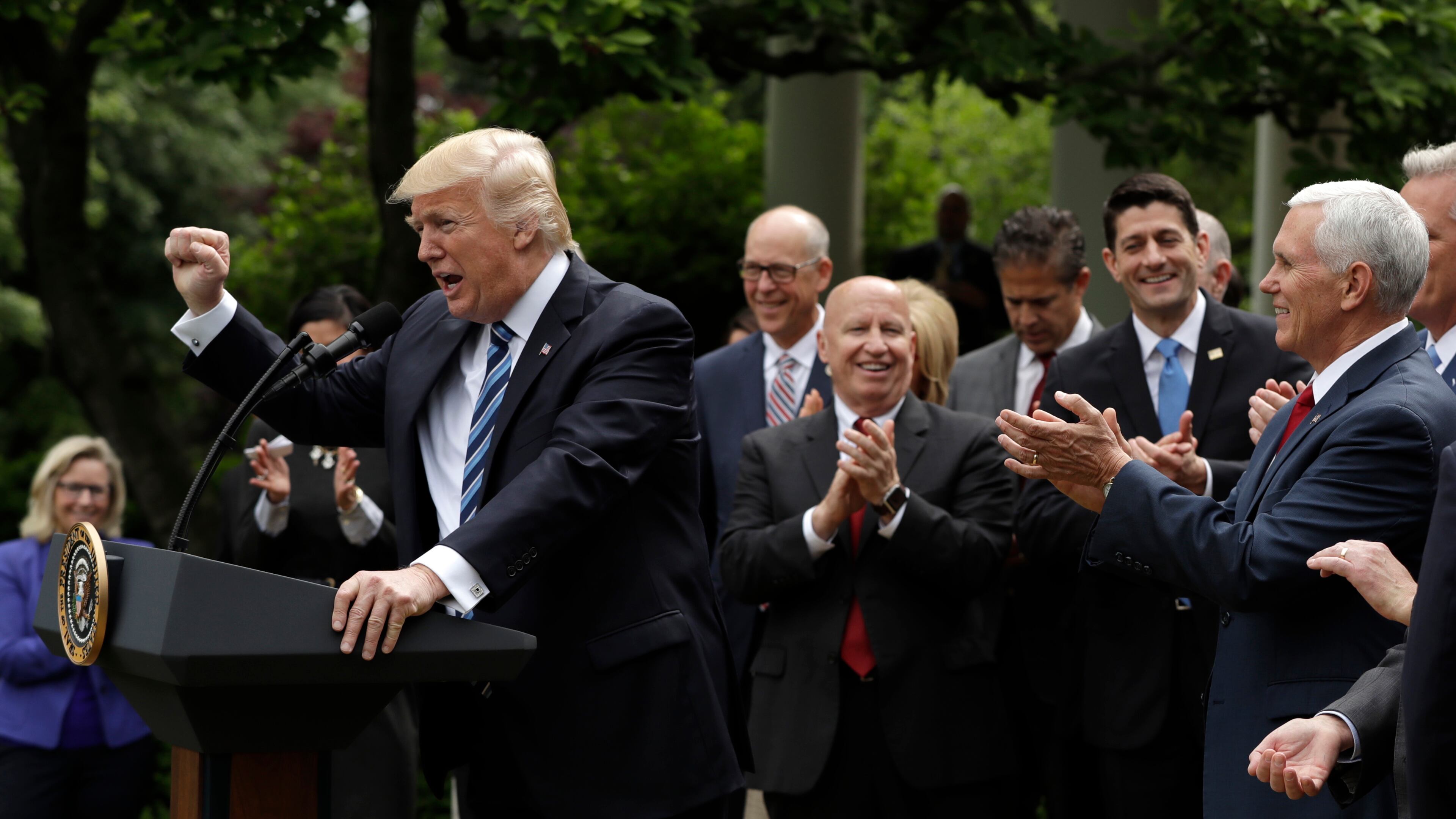
If Congress ultimately replaces Obamacare with the legislation passed by the U.S. House of Representatives Thursday, it could cost Georgia schools.
The proposal, yet to be vetted by the Senate, cuts Medicaid by 25 percent over a decade, and schools get a chunk of that money to educate students with disabilities, according to the New York Times.
The $4 billion fund helps states and school districts cover the cost of serving students with learning difficulties, physical disabilities and behavioural problems.
The Georgia Department of Education didn’t have an estimate Thursday of the hit for Georgia, and officials from the Department of Community Health, who would typically have such numbers, couldn’t be reached for comment. Local school districts contacted hadn’t yet run the numbers.
But Claire Suggs, an analyst with the Georgia Budget and Policy Institute, a local think tank, notes that Georgia got about $30 million in these subsidies in 2015. She said it's plausible to expect that amount to drop by 25 percent over the next decade.
The money typically pays the salaries of health specialists, such as school nurses, school counselors and speech therapists.
The cuts would compound the pre-existing shortfall from Washington for the special education services that it mandated decades ago. When Congress mandated the services in the Individuals with Disabilities Education Act, it committed to covering 40 percent of the excess cost of serving qualifying students. But it has not lived up to that commitment. According to the National Education Association, the federal government has covered less than half its promised portion of the bill, passing the rest on to states and school districts.
In other health care news:



